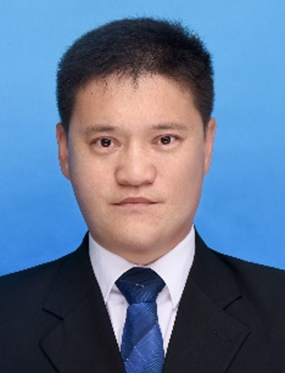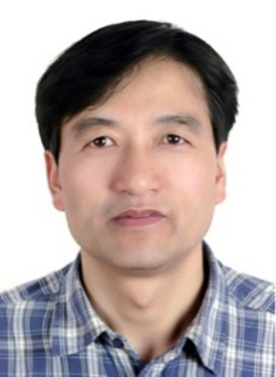 Chengdu2024
Chengdu2024
- Home
- About
- Guidelines
- Awards
- Proceedings
-
List of All PIERS
-
List of All PIERS
- PIERS 2024 in Chengdu
- PIERS 2023 in Prague
- PIERS 2021 in Hangzhou
- PIERS 2019 in Xiamen
- PIERS 2019 in Rome
- PIERS 2018 in Toyama
- PIERS 2017 in Singapore
- PIERS 2017 in St Petersburg
- PIERS 2016 in Shanghai
- PIERS 2015 in Prague
- PIERS 2014 in Guangzhou
- PIERS 2013 in Stockholm
- List of All PIERS
- Login


